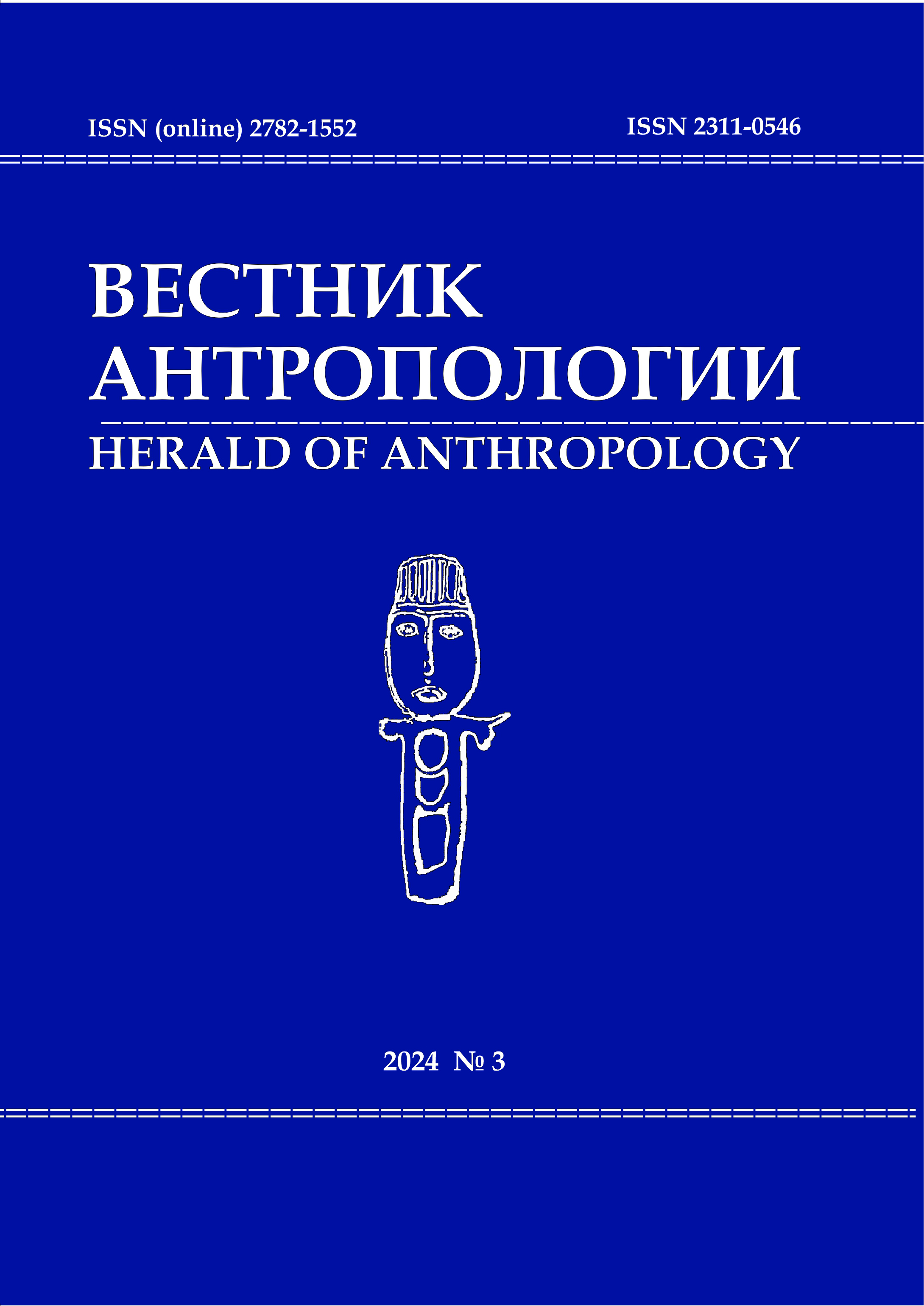Identity and School Policy in the Multicultural World: Anthropological Analysis of the International Experience
DOI: 10.33876/2311-0546/2024-3/119-134
Keywords:
intercultural dialogue, education policy, school education, identity, sustainable development, well-beingAbstract
This article examines existing approaches to educating young people in culturally diverse societies from the perspective of a social anthropologist, drawing on examples of school policies from various countries. The topics of nation and citizen in pedagogy, as well as the challenges of educating students from diverse ethno-cultural backgrounds, are central concerns for government bodies in most nations. The author explores the lessons Russia can learn from the experiences of other countries, focusing on the relationship between educational policy concepts and the formation of various identities within the population (national, ethnic, regional, local, etc.). Education is recognized as a powerful tool that can both construct and mitigate cultural differences, including linguistic ones, within society. The degree to which the multiculturalism of a civil nation is acknowledged can vary, impacting the practical implementation of educational policies for young people and other age groups. In preparing the younger generation for life in a multilingual and multicultural society, it is crucial to strike a balance between the ethnocultural needs of individual citizens and the goals of consolidating the population in the interests of a unified state.





















